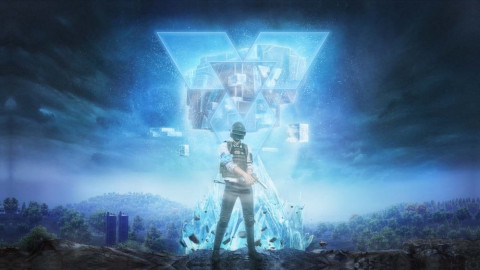
Valve's Deadlock became a hot topic within the gaming world even before the developer announced it. Many players already wonder whether Deadlock will be free to play, as it can heavily impact the game's accessibility.
To answer this question, we quickly looked into Valve's history and the games it developed. Though Team Fortress 2 and CS:GO were initially released behind paywalls, meaning players needed to purchase these games, both titles switched to free-to-play (F2P.) Counter-Strike: Global Offensive became F2P with a Battle Royale Mode in 2018, and Team Fortress 2 went free-to-play in 2011. Considering these two instances, we can make healthy estimates for Deadlock's future.
Is Deadlock beta free to play?

Yes, Deadlock is free to play in its beta test. The game's beta stage started with a selected pool of players, and Valveallowed participating users to invite their friends to the Deadlock beta. This process can be completed via the in-game interface, and players often receive their Deadlock invites shortly afterward.
With more players getting access to the game, the number of invitations grew exponentially in the beta, helping Deadlock crack into the top 10 on Steam despite limited access.
Will Deadlock be free to play after full release?

We expect Deadlock to be completely free to play when it officially releases. Valve hasn't made any official comments regarding this matter, but we built a decent case for why Deadlock should be free to play.
Firstly, Deadlock primarily identifies as a MOBA, a genre filled with free-to-play titles. Even pay-to-play titles, like Heroes of Newerth, became free-to-play before shutting down in 2022. To compete as a MOBA, Deadlock needs to have a non-existent barrier of entry which justifies a free-to-play approach.
Considering Valve's history with developing its in-house titles, we can also see that the developer prioritized a free-to-play approach over the years. Even legendary titles like CS:GO and TF2 later dropped their price tags. Dota 2 and CS2 were released as free-to-play titles from the get-go, which strengthens the case for a free-to-play Deadlock.
Finally, the last pay-to-play Valve game, Artifact, failed to maintain its initial user base and ceased development entirely in 2021.
What is the monetization policy of Deadlock?

Valve will likely implement a cosmetic item and skin-based monetization system for Deadlock. This approach is already present in other Valve titles. Steam Community Market can also become a core part of the Deadlock experience.
Like CS:GO and Dota 2, Deadlock could release various chests and skin collections. Such items become available for resale on the Steam Community Market where Valve collects transaction fees between players. This is a more user-friendly approach to monetizing competitive titles, giving the Deadlock the best chance to succeed.
-

Gökhan's love for gaming is unmatched, but with no one to discuss his passion, he writes instead.
Sort by:
Comments :0





